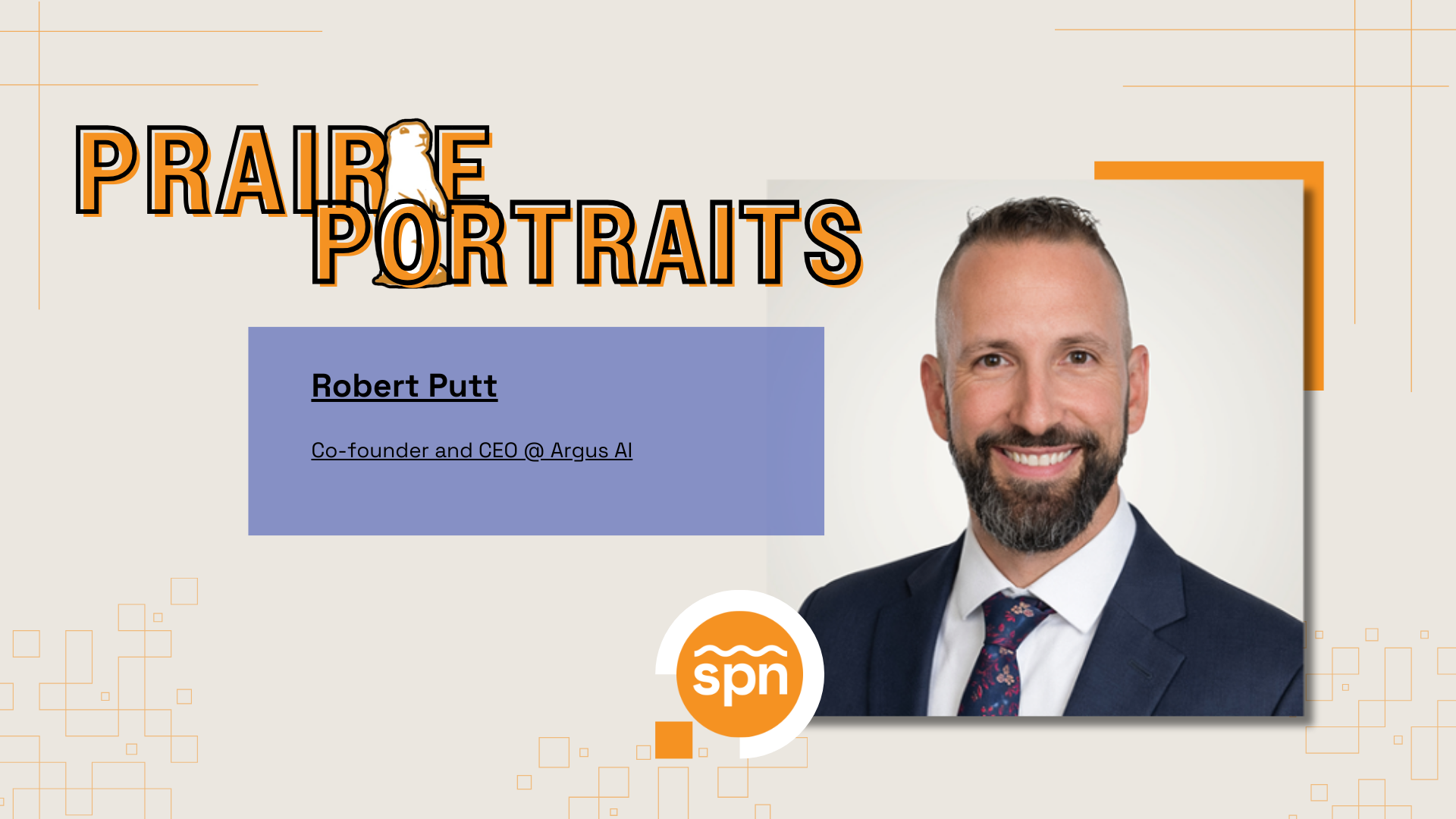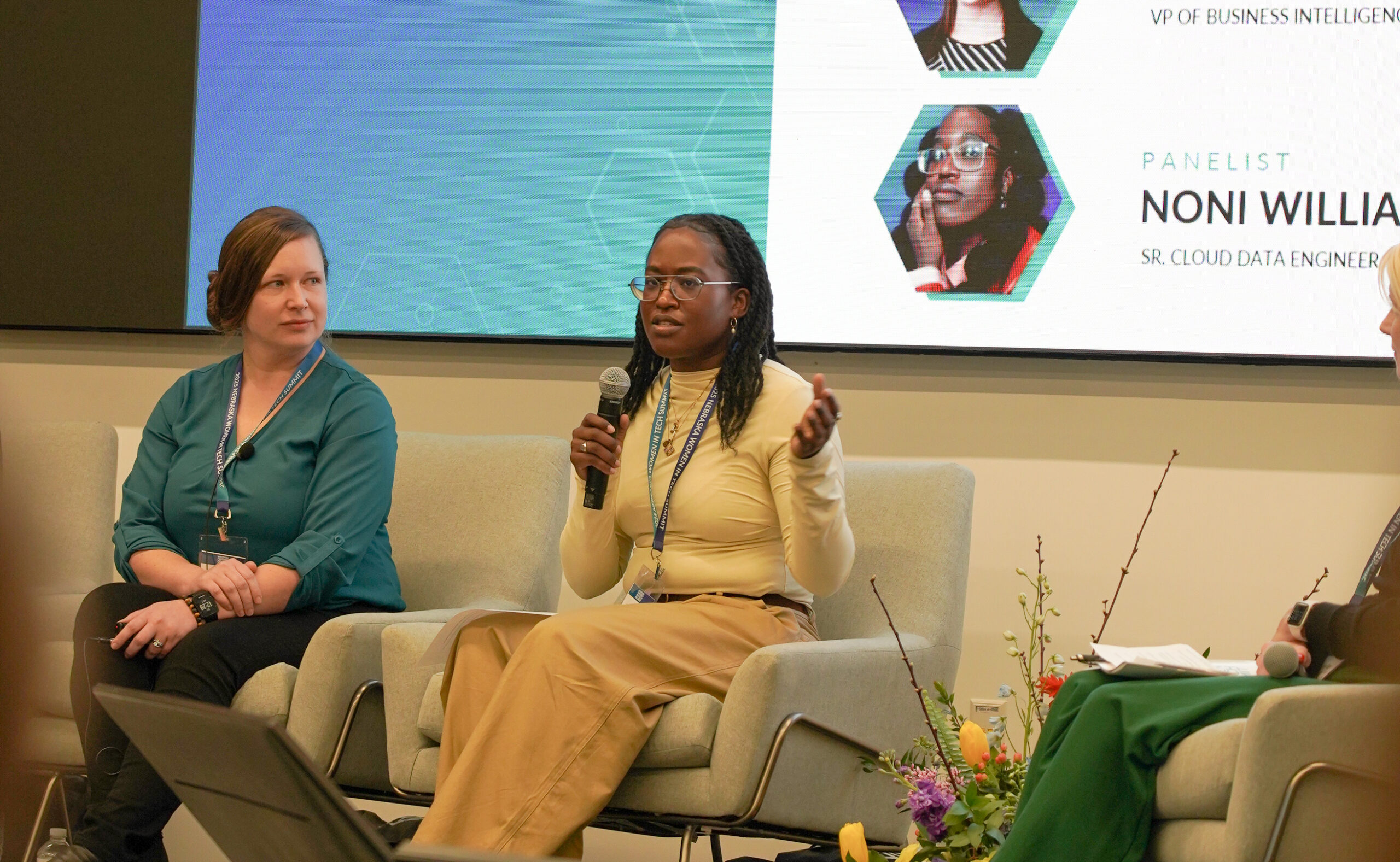Jeff Raikes' professed allegiance to Nebraska is more than just lip service. As Raikes, a native Nebraskan who lives in Washington, delivered a keynote in La Vista last Friday, the day before the University of Nebraska and University of Washington were set to face off in football, he assured the crowd that he's a Husker fan through and through.
Raikes has put his money where his mouth is.
Formerly a manager at Apple Computer and senior executive at Microsoft, Raikes is the CEO of the Bill and Melinda Gates Foundation and the namesake of the University of Nebrsaka-Lincoln's Jeffrey S. Raikes School of Computer Science and Management. Raikes says his involvement in the Raikes School was motivated, in part, by a desire to leverage the school's resources to help the Huskers.
Raikes, who's also a backer of Lincoln-based companies Nebraska Global and Hudl and sits on Hudl's board, discussed his efforts on behalf of Nebraska football and much more when he took the time to visit with Silicon Prairie News last Friday. The video above is the second portion of our interview with Raikes (for part one, see our post "Jeff Raikes on the Raikes School, entrepreneurs doing good (Video)"), in which he discussed some of his favorite Silicon Prairie startups and dispensed advice about the importance of passion for entrepreneurs.
There's a bit of background noise, so we've also included a transcript of the conversation below.
Silicon Prairie News: Obviously, being in Seattle, you know how things work out there. What can the Silicon Prairie do to kind of close that gap between here and some of those traditional tech hotbeds?
Jeff Raikes: Well certainly it takes a number of ingredients. You have to have great talent. You have to have funding available. I’m very impressed with Steve Kiene, his leadership, what Nebraska Global is doing. That is an important example of what’s necessary in order to have the kind of success that you see in places like Silicon Valley or the Pacific Northwest. You’ve got to have great thinkers, great leaders like that who are willing to invest in ventures, who are willing to coach and mentor those entrepreneurs to be successful. You’ve got to have great talent like those students that are coming out of the Raikes School. Those are some of the key ingredients. And you have to have a business community that recognizes and fosters that type of entrepreneurial spirit.
"You’ve got to have great thinkers, great leaders like that who are willing to invest in ventures, who are willing to coach and mentor those entrepreneurs to be successful. You’ve got to have great talent like those students that are coming out of the Raikes School." - Raikes on the Silicon Prairie closing the gap
SPN: You mention Hudl. You mention Nebraska Global. Are there any other startups around here that kind of catch your eye or intrigue you?
JR: Another great example of an entrepreneurial venture here was started by Colby Thompson: Allied Strategy. You know, you have a strong presence of insurance here. What Colby recognized is that they need great information technology in order to improve the efficiency and operations of those businesses, and so Colby used his entrepreneurial passion to go out and make a difference.
One of the things that always impresses me about Colby is that he is always looking to be connected to the rest of the world’s great ideas. And so, you know, he gets involved wit things like TED, he travels around the world — I think he’s been in Africa, I think he’s been in China, I think he’s even tapped into some software talent in those regions. So that’s another great role model of what I think you want to have here in Nebraska.
SPN: Just a couple more questions for you. One would be the guys with Hudl. Obviously you sit on the board there, and it’s a big time for them right now. What stands out to you about what they’ve been able to do?
JR: Well, you know, with the combination of David Graff, John Wirtz and Brian Kaiser, you have three of the most amazing, talented guys you’ll ever meet. These guys are smart. They’re passionate about their work. They make things happen. They’re always interested in learning. They’re not afraid to admit that they may make some mistakes. They’re willing to take risks. So what you have with those three founders of Hudl is those core competencies, those core values, that really make for a successful business venture. So, you know, I was glad to invest substantially in the business because I love the business and I think the world of those three guys.
There’s a little bit of history on Hudl. When I conceived of the Raikes School, one of my goals was to figure out how to have the talent of the Raikes School apply to make a difference for Cornhusker football — absolutely, that was a priority for me. And a few years ago I heard from the athletic department, you know, some ideas of where we could do game simulations and things like that. David Graff was smart enough to throw out my ideas and create his own in conjunction with Brian and John to do what Hudl is today. Their progress – I think now, well literally thousands of high schools around the country, 17 of the top 25 ranked teams in college football are using Hudl technology — I think that’s amazing.
"The No. 1 thing is to identify your passion and follow it. You know, being an entrepreneur is super hard work, and if you’re not passionate about what you’re doing, you’re probably not going to succeed. So really find what your passion is." - Raikes' advice for entrepreneurs
SPN: It’s kind of a token question that I’m sure you get a lot, but I’ve got to ask it: what’s the best piece of advice you could give, having been in the trenches and through the battles, to entrepreneurs trying to chart that same trajectory as you?
JR: Probably the No. 1 thing is to identify your passion and follow it. You know, being an entrepreneur is super hard work, and if you’re not passionate about what you’re doing, you’re probably not going to succeed. So really find what your passion is. You know, there’s a whole set of things that spring from that because if you’re passionate about what you’re doing then you’re more likely to learn from others. You’re going to be out there talking to your customers, understanding what it is that they might want you to do differently. You’re going to be learning about new technology avenues that somehow might contribute to your business. You’re going to do that because you’re passionate about what you’re doing — you care about those opportunities. You want to understand the challenges. You want to take them on. But that all starts from having that passion to make a difference.
For me, I found that my passion was software. I didn’t anticipate that. I was going to go work for the USDA in agricultural policy. I found my passion was software, and I was just really fortunate to be able to pursue that passion, first with Apple Computer and then Microsoft. And what I discovered at Microsoft was initially a few dozen and then hundreds and then thousands of people who shared that passion that software could change the world. Now I’m at the Gates Foundation, where a lot of people have that passion that we can use science and technology and systems-based approaches to deliver on the mission of the foundation, to enable all people to have healthy and productive lives. It all centers around having that passion.


